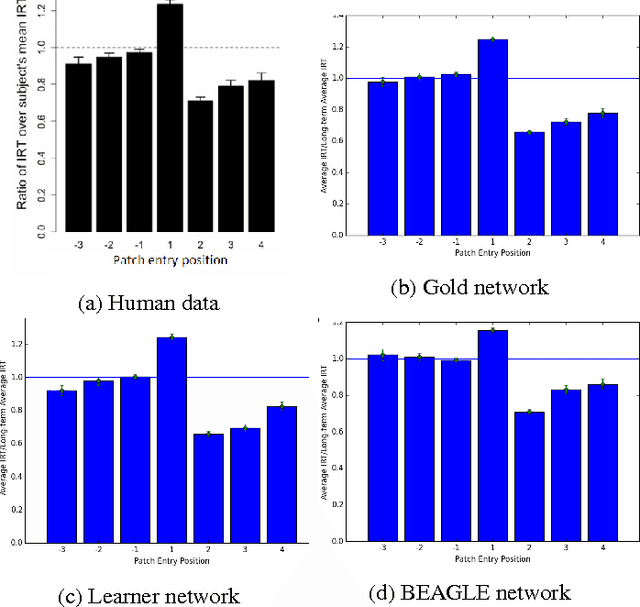Simple Search Algorithms on Semantic Networks Learned from Language Use
Paper and Code
Feb 11, 2016



Recent empirical and modeling research has focused on the semantic fluency task because it is informative about semantic memory. An interesting interplay arises between the richness of representations in semantic memory and the complexity of algorithms required to process it. It has remained an open question whether representations of words and their relations learned from language use can enable a simple search algorithm to mimic the observed behavior in the fluency task. Here we show that it is plausible to learn rich representations from naturalistic data for which a very simple search algorithm (a random walk) can replicate the human patterns. We suggest that explicitly structuring knowledge about words into a semantic network plays a crucial role in modeling human behavior in memory search and retrieval; moreover, this is the case across a range of semantic information sources.
 Add to Chrome
Add to Chrome Add to Firefox
Add to Firefox Add to Edge
Add to Edge